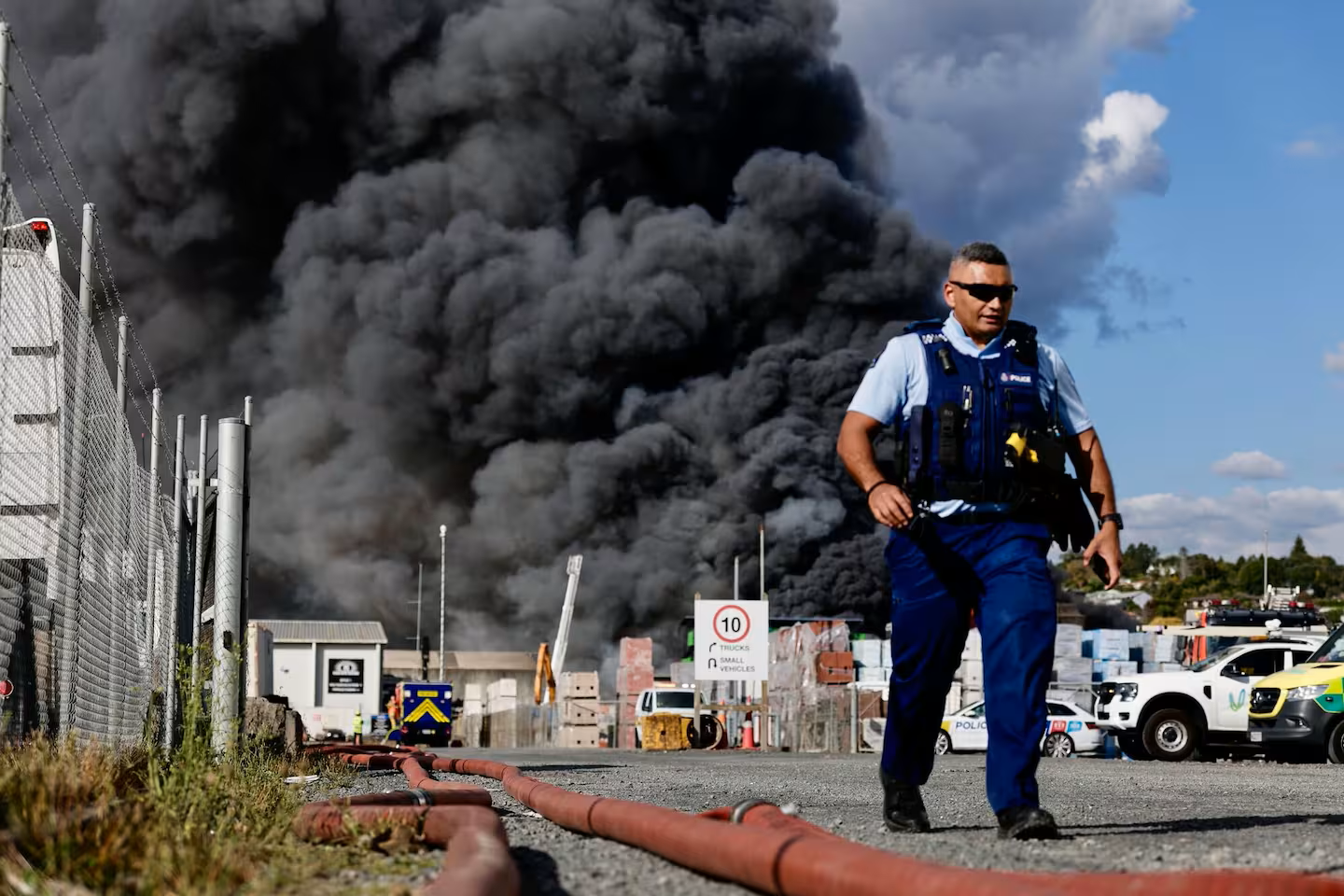Why is smoke from fires dangerous?
Smoke contains hazardous chemicals that can be more harmful than flames. Inhaling it, even briefly, can cause severe health issues or death. Fires involving materials like lithium batteries or older buildings may release additional toxic substances, such as hydrogen fluoride or asbestos.
Who is most at risk from smoke inhalation?
- Young children, the elderly, and pregnant individuals
- People with heart or lung conditions (e.g., asthma, bronchitis)
What should I do if I see or smell smoke or receive an emergency alert?
- Follow emergency services’ instructions and evacuate if required.
- If staying indoors is safe, close all windows and doors.
- Turn off air conditioning or set it to “recirculate.”
- Keep pets indoors with clean food and water.
- If using rainwater tanks, disconnect the downpipe to prevent contamination.
- If lithium batteries are involved, evacuate immediately and call 111.
How can I reduce smoke exposure indoors?
- Seal gaps with tape, plastic sheeting, or rolled-up towels.
- Avoid using appliances that pull in outdoor air.
- Do not use gas or wood-burning stoves indoors.
- Wear an N95 or P2 mask if you must go outside.
What should I do if my home smells of smoke after a fire?
- Ventilate by opening windows and doors.
- Clean surfaces, air filters, and ventilation systems.
- Wipe soot or dust with damp cloths and vacuum with a HEPA filter.
- Wear protective gear (mask, gloves, long sleeves) during cleanup.
- Keep children away from cleanup areas.
What if my drinking water comes from a tank and there was a fire?
- Check your roof and tank for ash, debris, fire retardants, or foam.
- If ash is present, do not use the water for drinking, cooking, brushing teeth, or pets.
- Disconnect the downpipe to prevent contamination.
- Do not try to disinfect or boil the water—this does not remove contaminants.
- Use bottled water or pre-stored water for drinking and food preparation.
- Wait for heavy rain to flush your roof before reconnecting the downpipe or clean it manually.
- Contaminated water can still be used for flushing toilets or watering gardens, but avoid using it on fruits and vegetables.
What health issues should I watch for after smoke exposure?
- Seek medical help for difficulty breathing, wheezing, or chest pain.
- Call Healthline (0800 611 116) for health advice.
- If exposed to lithium battery fumes or burns, seek urgent medical care.
What if I suspect asbestos contamination after a fire?
- Avoid the area and keep windows closed.
- Wear an N95 or P2 mask if outside.
- Do not disturb debris—have it assessed by a professional.
- Contact your insurance provider for cleanup assistance.
Where can I get more information or help?
- Emergencies: Call 111
- Health advice: Call Healthline (0800 611 116)
- Fire safety and hazardous substances: Fire and Emergency NZ
- Air pollution concerns: Auckland Council
Sources:




0 Comments